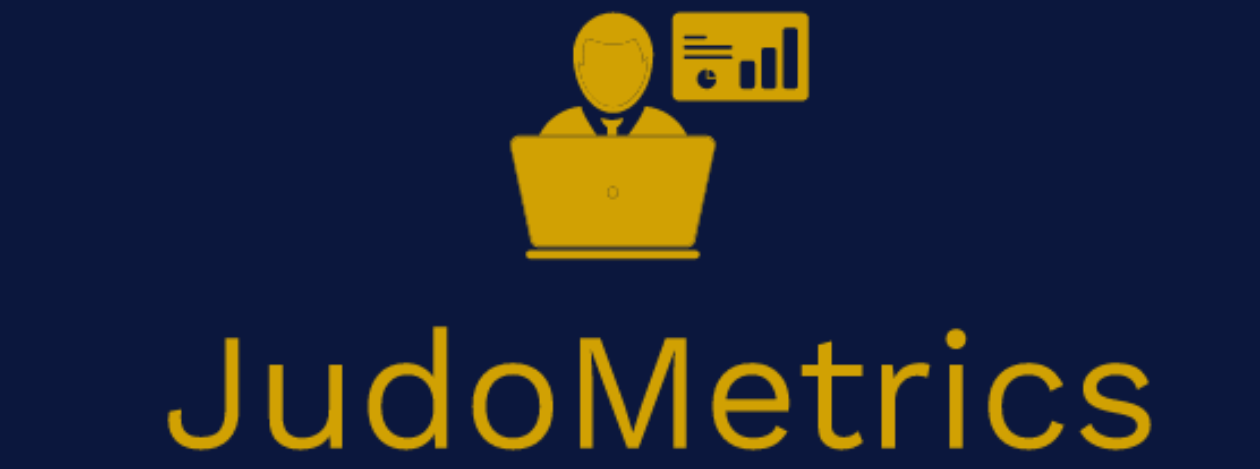Recently I have been involved in two conversation threads related to, but seperate from this site. The first was about my BSc. research project notating the attack rate of Judo athletes in the Beijing Olympic Judo Tournament. The second is a thread about Talent Identification in Judo and generally. Also there have been a couple of posts in the Judo Blogosphere about Malcolm Gladwells “Outliers” book that helped inspire this post.
In both conversations my response has been that if we can identify the factors needed, then we should be able to predict future results. As per Max Cohen in the movie Pi, I decided to “re-state my assumptions” as I think it will help set the context for this website better for visitors.
Assumption 1: If we can identify the right metrics, we can predict results.
So, what I mean is if we knew what caused a player to win a Judo match, then we could track this for two players before (or during) a match and predict the victor.
Evidence: If player 1 has beaten player 2 ten times in ten matches, then we could fairly comfortably predict that player 1 will beat player 2 in their next match. If player 3 has won all their pre-liminary fights by Ippon we can start predicting that Player 4 will lose to player 3 by Ippon.
The “ah yes, but…“:
The problem is that Judo is very complex, (argueably) more so than other sports. In Rugby Union for example, the team that retains possesion and territory will generally win. It is not always the case, but it is a performance metric that works in a sport where there are (again argueably) more variables to consider than in Judo. There are 30 players not 2 (more if you count subsitutions), there is weather conditions etc. Yet the simple metrics of possesion and territory can give a pretty good prediction of results.
So rather than say it is not possible to predict Judo using metrics, I argue that it is possible and that we just have yet to research well enough to find the metrics that matter.
Whether we ever are able to measure enugh worthwhile information to predict results of individual matches… we shall see. Also, whether we will be able to use these metrics for anything other than academic use is questionable also. I am not sure that we can coach players to fight certain ways as the statistics say it will result in a victory. So perhaps Judo metrics will never be an “applied science”.
Personally, I suspect that performance metrics will prove useful.
Assuming we can discover the right things to measure and we are able to interpret the results appropriately. “Knowledge is power” they say, we already know that countries like Germany and France are compiling information/knowledge about the players their players will meet, in terms of throws they use etc. It is not that big a leap from this to them also collecting statistics on throw frequencies and scoring ratios etc.
I suspect that we could increase our success in Judo if we were able to analyze more knowledge (metrics) about players from other countries.
Talent ID and Judo Metrics
I believe that we can predict the result of matches through Judo metrics, I also believe that we can/could predict who would be a good Judoka; if we can assess enough variables. We may not be able to predict accurately, but we could identify likely candidates. We have some evidence to support this via the soviet era sport and more recently in China.
Summary
It may well be the case that JudoMetrics is as realistic science as Psychohistory and it may well be “bunkum“, but IMHO it is worth researching further, at least to a point where we have a better view of it and can decide if it is the future or snake oil. It may be that on this site I am pursueing an idea as mad as Max Cohen’s in Pi… time will tell.
